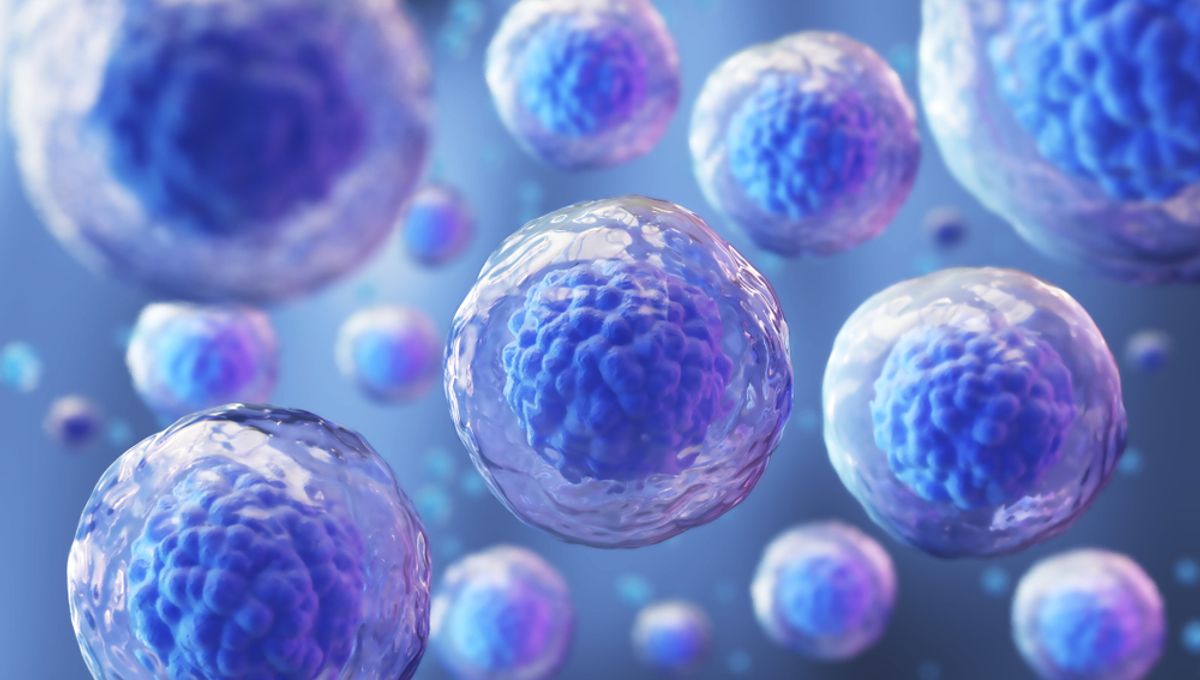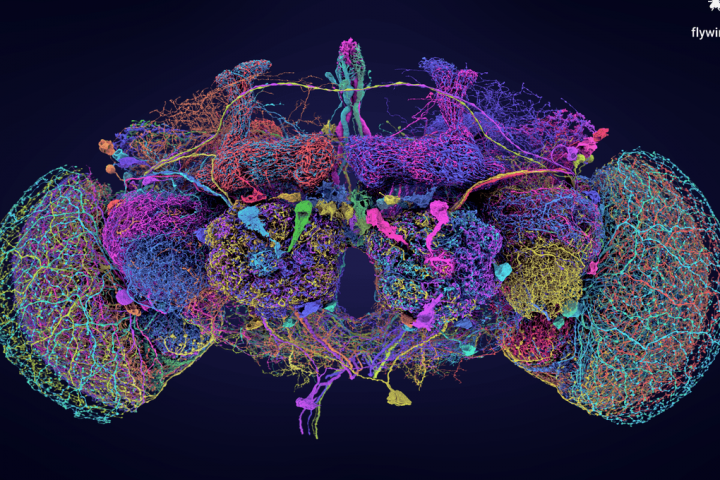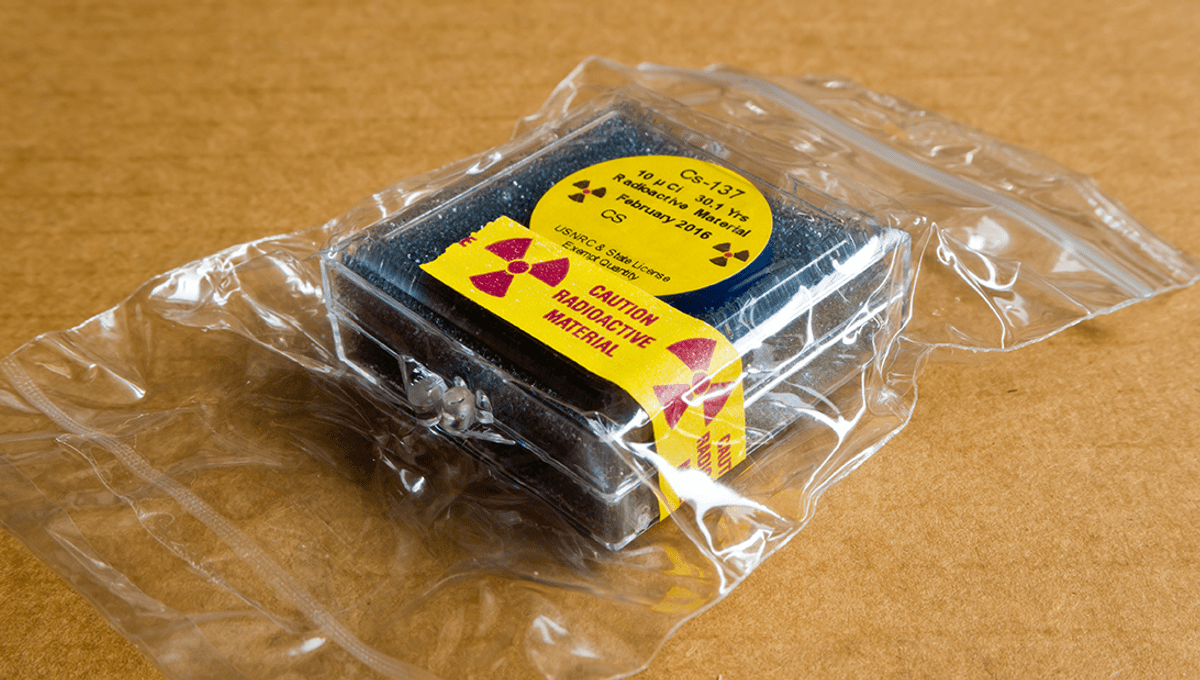iPS cells, also known as induced pluripotent stem cells, hold incredible potential in the field of regenerative medicine. These cells can be obtained by reprogramming mature human adult cells, allowing them to mimic embryonic stem cells and differentiate into any cell type in the body. In 2006, the groundbreaking discovery of iPS cells opened up a world of possibilities for disease modeling, drug screening, and cell-based therapies.
However, researchers have faced a significant hurdle in fully harnessing the power of iPS cells. These cells often retain an “epigenetic memory” of their original state, which can lead to functional differences compared to embryonic stem cells. This limitation has hindered their widespread use in biomedical applications.
Fortunately, Professor Ryan Lister and his colleagues have made a remarkable breakthrough. They have developed a new method called transient-naïve-treatment (TNT) reprogramming, which mimics the epigenome reset that occurs during early embryonic development. By utilizing this approach, they have successfully created iPS cells that closely resemble embryonic stem cells, with fewer differences between the two.
The potential impact of this work is immense. The TNT-iPS cells generated by Lister’s team have been successfully differentiated into various cell types, including cortical neurons, skeletal muscle cells, and lung epithelial cells. Remarkably, these cells outperformed those created using the standard method.
The study authors believe that TNT reprogramming will revolutionize biomedical and therapeutic applications. It corrects epigenetic abnormalities and produces iPS cells that are molecularly and functionally similar to embryonic stem cells. This breakthrough could pave the way for significant advancements in cell therapies and provide a novel system for studying epigenetic memory.
Although the mechanisms behind epigenome aberrations are not yet fully understood, the team is optimistic about the potential of their new method. They envision TNT reprogramming becoming the new standard in regenerative medicine, propelling the field forward and accelerating progress in biomedical research.
Published in Nature, this study marks a significant milestone in the quest to unlock the full potential of iPS cells.








